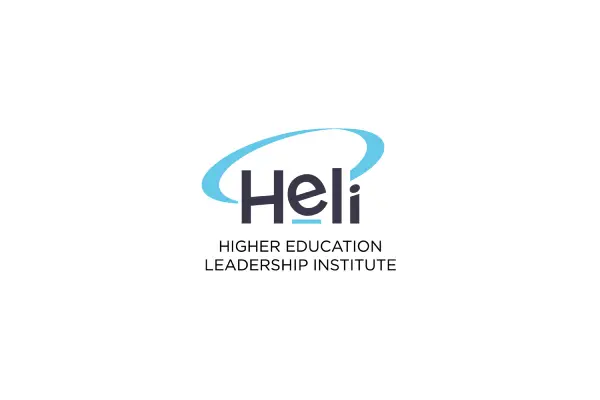Do your academic staff meet the standard?

The current Higher Education Standards Framework (HESF2015) requires all HE academic staff to meet three requirements: These requirements are quite specific and from what I have observed across the tertiary education sector, many academic staff currently working in independent HEPs may not comprehensively meet all three. In response to this regulatory imperative for appropriately qualified […]
Heli receives teqsa approval

After two years of amazing work by the entire HELI team, we are pleased to announce that HELI has been granted approval as a higher education provider effective from 23rd November 2017. It has been a challenging journey to reach this very significant milestone and we are now busily working towards our first delivery of […]
The imperative for enhanced governance in rtos

Recently the CEO of ACPET, Rod Camm wrote: “One of my other observations following the recent concerns is the need to lift the academic leadership and governance of the [VET] sector so that the balance of academic and commercial imperatives is better ensured.” In light of these comments, last Tuesday HELI delivered its new webinar […]
Delivering quality higher education. Easy, right?

1.9 Trillion Reasons Why You Need to Think about Quality in Higher Education Quality in education, particularly higher education, doesn’t sound exciting. Let’s put it in context. Higher education is estimated to be a US$1.9 trillion global service sector. An awful lot of people are paying a relatively significant sum for their education. A smaller number people […]
Heli @ apacchrie 2017
Another wonderful APacCHRIE conference hosted by SBTI – The International Bali Tourism Institute on 31May – 2 June at the Sofitel Nusa Dua. What a great place to attend a conference. As always, it was a pleasure to catch up with friends and colleagues from around the world. HELI representatives presented 7 papers at the […]
Five golden rules for managing online student cohorts

Stepping into the 21st century, the concept of online learning has been embraced by many higher education institutes. But have the educators responsible for delivering learning through this new methodology embraced the new paradigm of two-way communications equally as enthusiastically? Here are our 5 top tips on how you can stand out from the crowd […]
Heli @ acpet 2016
Another terrific conference hosted by ACPET in Hobart last week: www.acpet2016.com.au/ #acpet2016. It was great to catch up with so many of our clients and also to chat with organisations that are thinking of becoming a non-university higher education provider (NU-HEP). So glad that our presentation on Innovative Quality Frameworks for NU-HEPs was well received with some great feedback […]
Consultants get up teqsa’s nose

In the past two weeks it has been interesting to read TEQSA’s warnings about using consultants to prepare higher education applications: http://www.theaustralian.com.au/higher-education/consultants-no-shortcut-teqsa/news-story/0b272ce636cf6dca71ec2fb865cc3523. Given the behaviour of some more recently arrived consultants, TEQSA’s frustrations are justifiable. “Cookie-cutter” applications will not cut the mustard, and never have. Also, higher pressure sales tactics to RTOs belie the fact that most […]
Plus ça change, plus c’est la même chose

I have always firmly believed there is nothing new in this world. Take this recent quote: “For too long and too often, the private education industry has been characterized by inadequate student outcomes, overly aggressive marketing practices, and poor compliance. This doesn’t need to be the case.” Sounds like a pronouncement from the Australian Department […]
To be or not to be a higher education provider? – that is the question.

With the challenges confronting VET providers in recent times it has become increasingly apparent that many Registered Training Organisations (RTOs) are now considering entering the higher education space. But importantly, is higher education the right strategic move for a successful RTO? The answer to this question comes to down to an organisation’s capability in five […]
